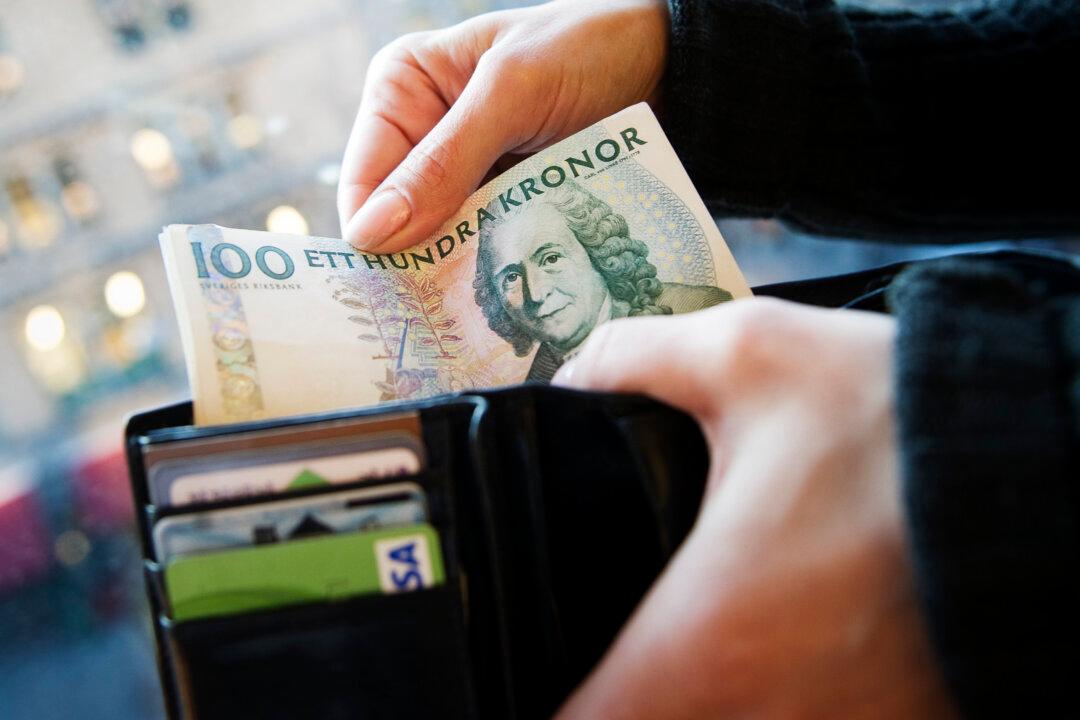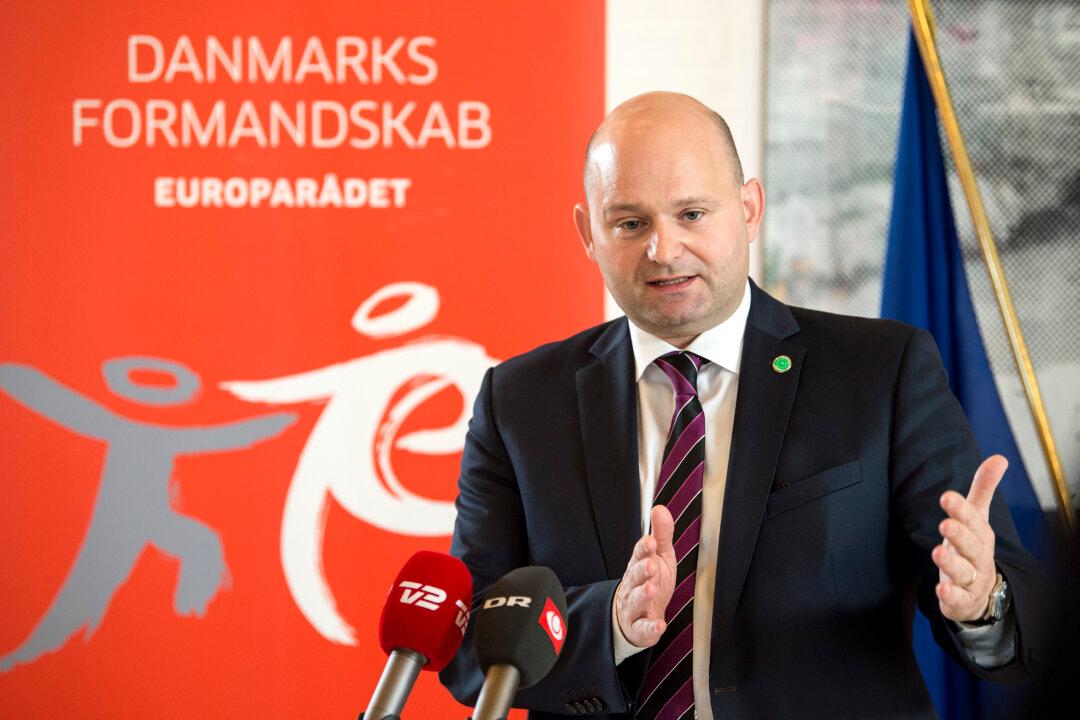STOCKHOLM—Sweden’s central bank will start trials next year for an electronic currency that could be used for payments between individuals, without involving credit cards or bank accounts.
The initiative from Riksbanken, Sweden’s central bank, is a response to the rapid abandonment of cash in Sweden in the past decade. Swedes, who have a reputation for quickly adopting new technologies and trends, are generally positive toward using cards or apps, but there is also a movement to keep cash as a safe and easily available option for payments.




